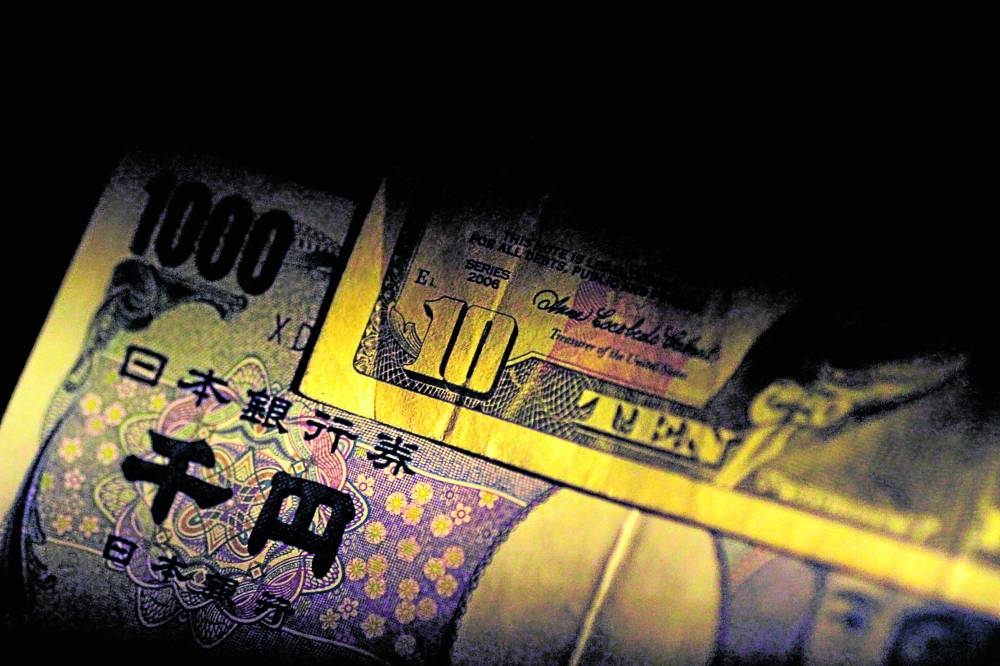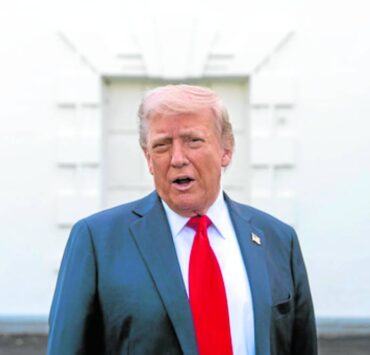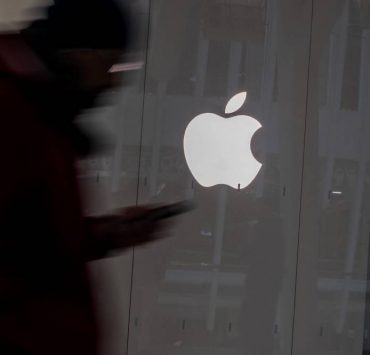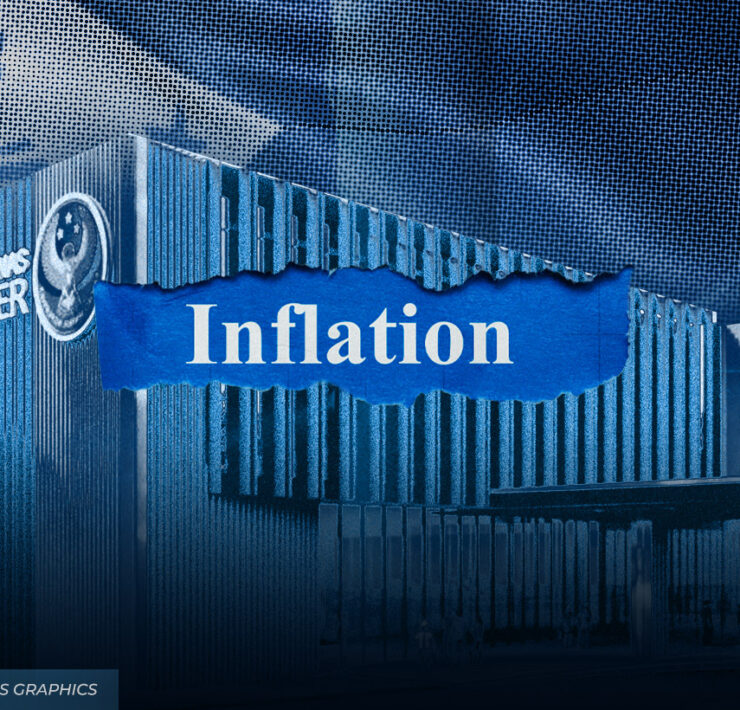Yen, Tokyo’s interest rate policy may remain focus in Japan-US trade talks

WASHINGTON—Japan may have averted US pressure for a stronger yen in bilateral finance talks on Thursday. But a closer look at officials’ descriptions of the meeting suggests currencies and the Bank of Japan’s interest rate policy may remain key factors in broader trade negotiations.
Speaking to reporters after his first face-to-face talks with US Treasury Secretary Scott Bessent on Thursday, Japanese Finance Minister Katsunobu Kato said they did not discuss exchange-rate targets or a framework to manage yen rates.
There was no accusation made by the US that Japan was intentionally weakening the yen, according to a Japanese finance ministry official who accompanied Kato.
But Kato was tight-lipped on the details of the 50-minute meeting with Bessent, which was held on the sidelines of the International Monetary Fund and World Bank spring meetings in Washington.
When asked whether the US made any specific requests to Japan, Kato said: “I can’t comment because that goes straight into actual discussions.”
Still, there were some hints.
For one, Kato said Japan and the US will continue close and constructive dialogue on exchange rates “in relation to the ongoing bilateral trade negotiations” — language some analysts saw as a sign Washington could make demands on the yen as part of broader trade talks.
The meeting preceded top Japanese trade negotiator Ryosei Akazawa’s scheduled visit to Washington next week for a second round of bilateral trade talks that may prove tortuous for the US.
President Donald Trump’s focus on addressing the US trade deficit and his past remarks accusing Japan of intentionally maintaining a weak yen, have fueled market expectations that Tokyo will face pressure to strengthen the yen’s value against the dollar and give US manufacturers a competitive advantage.
“President Trump strongly believes that Japan and China have been intentionally depreciating their currencies. There’s little sign of him changing that view, so markets remain cautious,” said Tsuyoshi Ueno, senior economist at NLI Research Institute.
“If next week’s trade negotiations between Akazawa and Bessent do not go well, Washington’s attention could turn towards exchange rates again,” he said.
The Treasury Department said in a readout on Friday that Bessent and Kato had held productive discussions across a broad range of bilateral issues, including reciprocal trade. They “affirmed their intention to continue their ongoing close consultations regarding issues related to exchange rates,” it said.
Reuters, the news and media division of Thomson Reuters, is the world’s largest multimedia news provider, reaching billions of people worldwide every day. Reuters provides business, financial, national and international news to professionals via desktop terminals, the world's media organizations, industry events and directly to consumers.




















